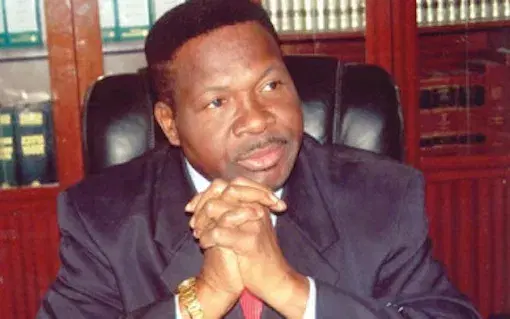Elon Musk’s satellite internet company, Starlink, has emerged as Nigeria’s second-largest Internet Service Provider (ISP) by subscriber numbers as of the third quarter of 2024, according to the latest data released by the Nigerian Communications Commission.
The NCC report shows that Starlink’s active customers in Nigeria rose to 65,564 by the end of Q3 2024, surpassing FiberOne, which previously held the second spot in customer numbers. This marks a significant increase from the company’s 23,897 subscribers at the end of 2023, meaning Starlink gained 41,667 new customers in the first nine months of 2024.
Despite Starlink’s rapid growth, Spectranet remains Nigeria’s largest ISP, boasting 105,441 active subscribers as of Q3 2024. However, the company experienced a decline in customer numbers, losing over 8,000 subscribers from its 113,869 base at the end of 2023.
FiberOne, now in third place, had 33,010 active customers by the end of Q3 2024, further highlighting Starlink’s growing dominance in the Nigerian ISP market.
According to the NCC, Nigeria currently has 241 licensed ISPs. However, only 124 of these providers had active subscribers by the end of Q3 2024, collectively serving 307,946 customers. This figure remains significantly lower than the subscriber base of the country’s four major mobile network operators —MTN, Airtel, Globacom, and 9Mobile—which collectively had 132.4 million active internet subscriptions as of September 2024.
Since its launch in Nigeria in January 2023, Starlink has gained popularity despite its higher subscription costs compared to local ISPs. The widespread availability of its satellite internet service has made it an attractive option, particularly in areas with poor network coverage.
Many local ISPs, despite years of operation, have far fewer subscribers than Starlink, which has achieved remarkable growth in less than two years. However, the company faced regulatory challenges, including a price hike dispute with the NCC. In December 2023, Starlink raised its monthly subscription fee from N38,000 to N75,000, a move initially contested by the telecom regulator for lack of prior approval.
Due to high demand, Starlink temporarily halted new orders in Lagos, Abuja, and Port Harcourt in 2024, citing capacity constraints. Similarly, the service was sold out in Benin City and Warri.










